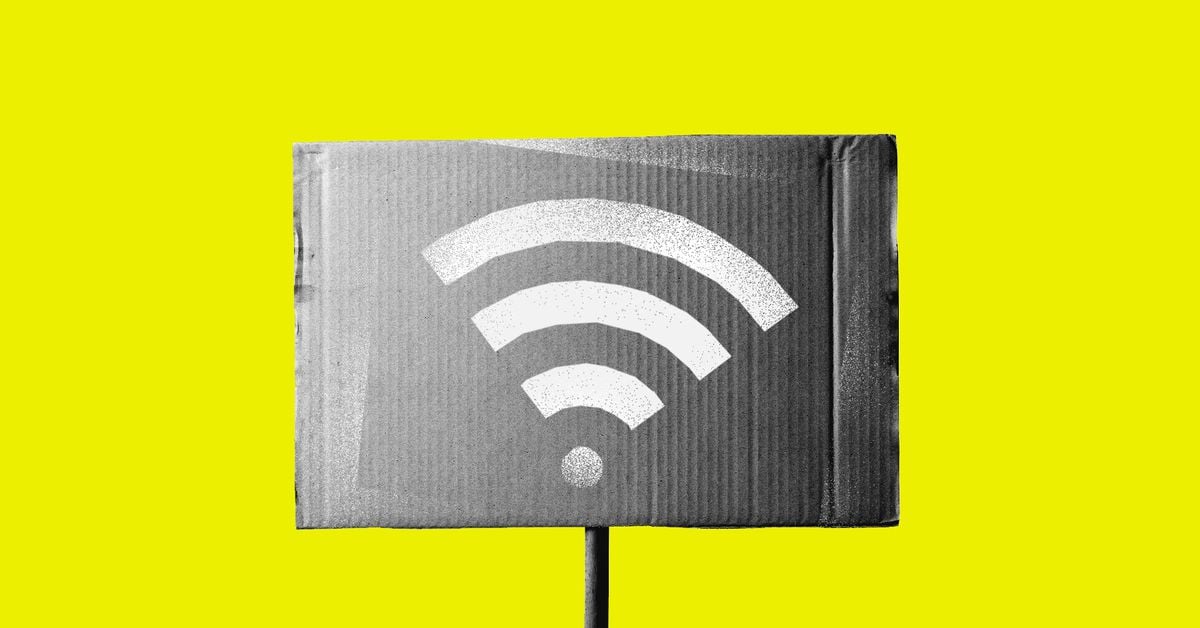A federal appeals court has agreed to halt the reinstatement of net neutrality rules until August 5th, while the court considers whether more permanent action is justified.
It’s the latest setback in a long back and forth on net neutrality — the principle that internet service providers (ISPs) should not be able to block or throttle internet traffic in a discriminatory manner.
The current FCC, which has three Democratic and two Republican commissioners, voted in April to bring back net neutrality. The 3–2 vote was divided along party lines.
Broadband providers have since challenged the FCC’s action, which is potentially more vulnerable after the Supreme Court’s recent decision to strike down Chevron deference — a legal doctrine that instructed courts to defer to an agency’s expert decisions except in a very narrow range of circumstances.
Bloomberg Intelligence analyst Matt Schettenhelm said in a report prior to the court’s ruling that he doesn’t expect the FCC to prevail in court, in large part due to the demise of Chevron.



I don’t know that I’d call them idealistic. They were landed nobles who didn’t want to pay the increased taxes levied on them. Which in turn were to pay for the war their government had fought on their behalf to protect them from the native people whose land they had stolen. By exterminating those native people.
They were idealistic in that a lot of them subscribed to the ideals of the enlightenment which as a reminder was not a working class movement. Most of the compromises they made were innate issues of their era, but there is still that massive throughline within a lot of it that assumes that those in power are statesmen not demagogues. The problem is that I doubt they would expect the very checks and balances to be used by the demagogues they feared.
The federalist papers very much show they were aware of that threat.